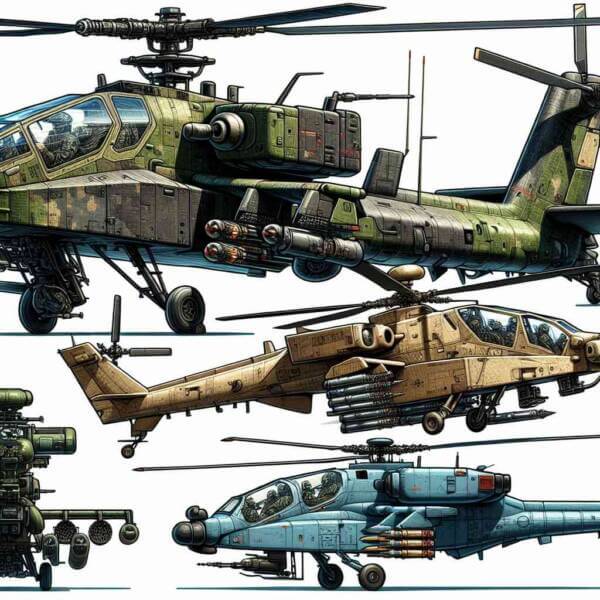Comprehensive Insights About Military Aviation
Comprehensive Insights About Military Aviation
Blog Article

The use of aircraft in military operations transforms battlefield tactics.
Nations invest heavily in military aviation to enhance defense capabilities.
History of Military Aviation
Military aviation started during the dawn of aerial warfare, with aircraft initially used for observation.
Major milestones in military aviation history include:
- Development of air combat tactics
- Creation of long-range bombers and jets
- Rapid development of jet technology
- Modern drone warfare
Each era brought more powerful aircraft that expanded aerial warfare.
Types of Military Aircraft
Military aviation includes a variety of aircraft, each designed for different roles.
Major aircraft classifications:
- Fighter jets
- Bombers
- Transport aircraft
- Unmanned aircraft for intelligence gathering
Each type plays a critical function in military operations, from striking enemy targets.
Why Control of the Skies Matters
Controlling the skies limits enemy movements.
Strategic advantages of air dominance:
- Providing close air support
- Targeting infrastructure and logistics
- Surveillance and reconnaissance missions
- Boosting morale
Nations with strong military aviation capabilities can control conflicts.
Advancements Shaping the Future
Constant research and development redefine capabilities for future warfare.
Cutting-edge developments:
- Stealth technology
- Ultra-fast strike capabilities
- Unmanned aircraft operating independently
- Directed energy weapons
These advancements expand mission possibilities for air forces worldwide.
Obstacles Facing the Industry
From high costs to geopolitical tensions, the road to air dominance is never simple.
Pressing issues in military aviation:
- Rising development and maintenance costs
- Need for constant upgrades
- Cybersecurity threats
- Questions about accountability and control
Addressing these challenges is necessary for effective defense strategies.
Future of Military Aviation
The future of military aviation promises an era of transformation.
Expected advancements:
- Smarter decision-making systems
- Defending assets beyond Earth
- Developing sustainable aviation technology
- Joint defense projects
The next era of military aviation will redefine defense.
Conclusion
Its history, present achievements, and future possibilities demonstrate strategic importance.
As technology continues to evolve, the skies will remain a critical military aviation arena where military aviation protects nations.
The future of military aviation is full of potential — and it’s only just beginning. Report this page